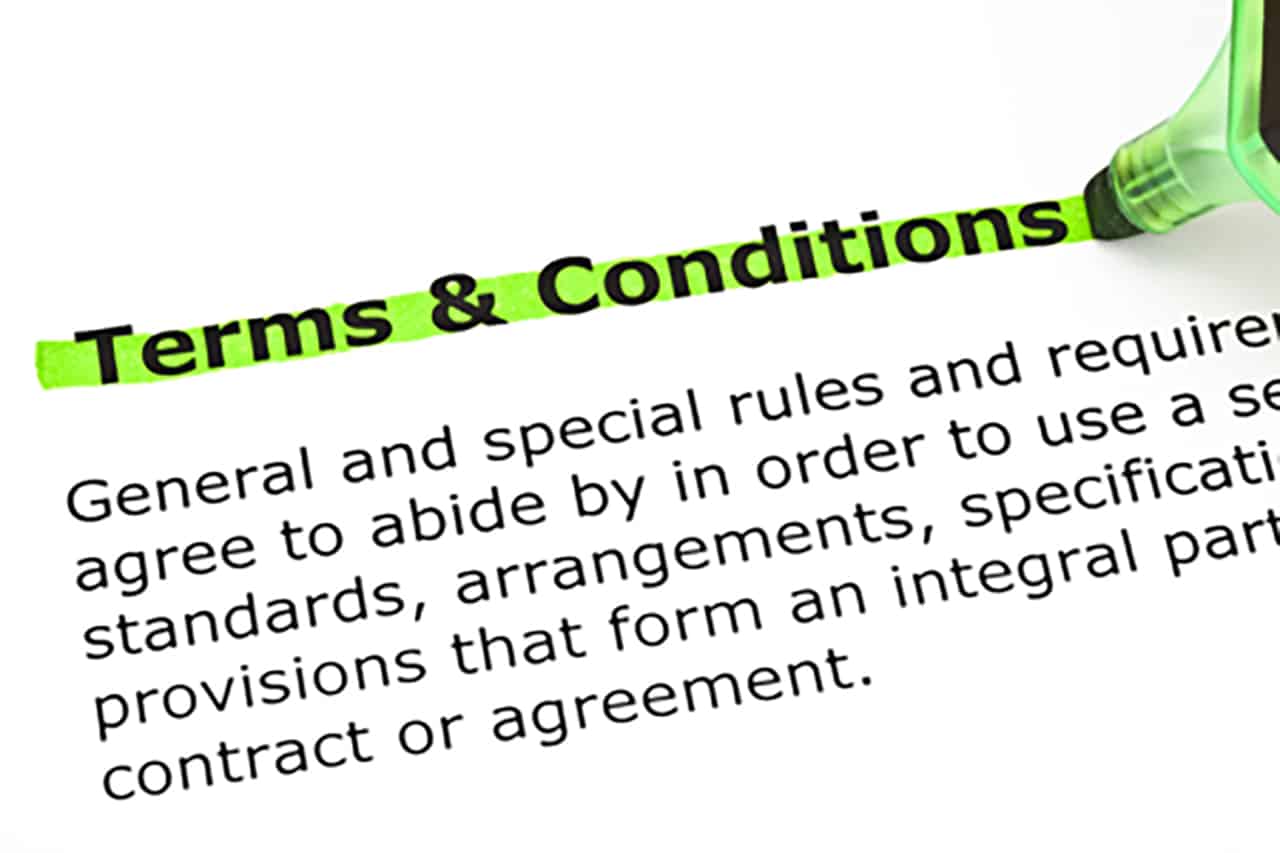When setting up a brand-new website, you will need to jump through various hoops before your website can be made available to the public. You’ll obviously want to spend a little bit of time perfecting your layout and logo, while simultaneously filling your site with relevant content. Once you’ve finished these steps, you will want to begin thinking about the legality factors. It is absolutely pertinent to make sure that you utilize a comprehensive terms and conditions page on your site. Failing to do so will increase the likelihood that you’ll wind up in legal trouble in the future. Within this article, you will learn about the enormous importance of a terms and conditions page for webmasters.
Who Owns What?
It is undeniably true that you’re the owner of your website. You own the domain and the content that you post. Nonetheless, it is also important to remember that you’re not the only one that will be posting information to your site. From time to time, you may allow someone to post a guest blog on your site. At the same time, you may allow each of your visitors to sign up and create their very own profile and blog. Finally, most modern websites have a comments section. If you’re going to allow visitors to leave a comment, you will need to make note of it in the terms and conditions.
Who actually owns the content that is published on your website? Will a comment or blog post become your asset, once it has been published on your page? All of this information needs to clearly defined in your terms and conditions. This will allow visitors to know precisely what happens when they post something on your site.
Terms Of Use
While you’re at it, you will need to make sure that your visitors are aware of your terms of use policy. In this section, you will be able to make it clear that some portions of your website might not be suitable for specific groups of individuals. For instance, you can include information that suggests those under the age of 15 should not use your website, due to adult-oriented content. In your website terms, it is pertinent to lay out this information so that you will not be held accountable should someone access content that is not appropriate for their age.
The Contract
In this day and age, a large quantity of websites will sell products or services to the consumer. If you intend to do so, it is essential to make sure that you use your Terms and Condition to lay out your contract with the client. It is pertinent to be as thorough as possible, so you can diminish the potential for lawsuits and conflicts in the future. Make sure that you tell the client specifically how transactions are made and how the client can accept the offer. Also, remember that there are specific laws that will protect the consumer’s rights.
To abide by these laws, you should make sure your terms and conditions provides the client with a rundown of your company’s return policy.
Lock In The User
Before finalizing your terms and conditions, it is pertinent to lock in your visitors. This can be done by utilizing strategic words. A lot of websites will user something such as “if you continue using this website, you are agreeing to these terms”. Alternatively, you may want to force the visitor to confirm their agreement to the terms by clicking a checkbox, before making your site available to them. Once the visitor has agreed to the terms, your liability will be minimized. Due to the complexity of the terms and conditions, it is often wise to work with a lawyer to ensure your contract minimizes your company’s risk.

